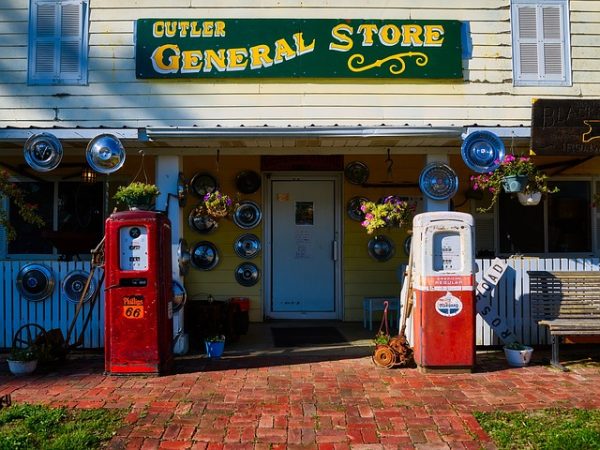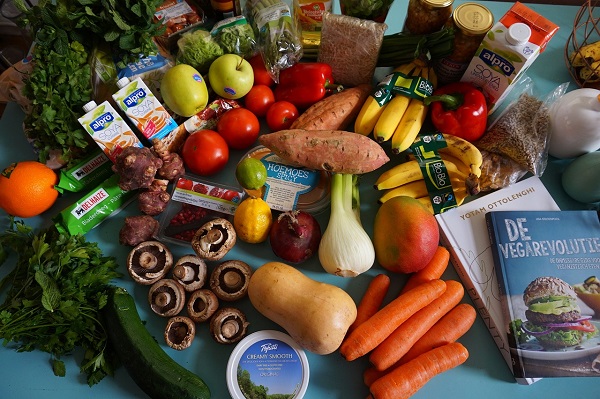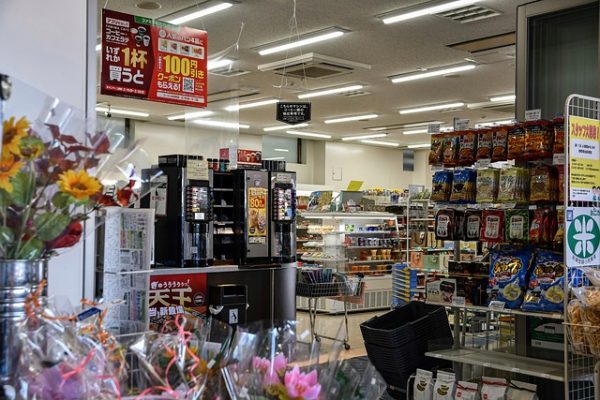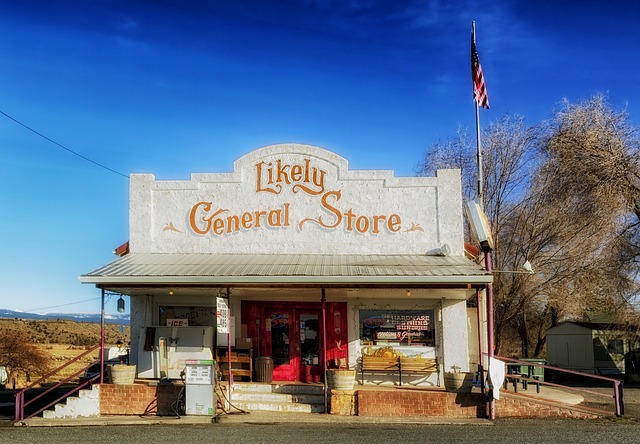Setting up a small general store in a small town is a rewarding venture that can become a hub for the community. Without the reliance on the internet or online capabilities, your store will thrive on personal connections, local suppliers, and traditional business practices. This guide will walk you through the steps needed to establish a successful general store that caters to the needs of your community and fosters a sense of local togetherness.
Table of Contents
- Introduction
- Understanding the Community Needs
- Securing a Location
- Sourcing Supplies and Inventory
- Setting Up the Store
- Marketing and Promotion
- Payment Methods: Cash, Barter, and Trade
- Managing the Store
- Building Community Relationships
- Conclusion
1. Introduction
A general store serves as a one-stop-shop for essential goods and services in a small town. Without the convenience of online shopping, your store can provide a vital service to the community, offering groceries, household items, hardware, and other necessities. By understanding the unique needs of your town and leveraging local resources, you can create a thriving business that becomes a cornerstone of the community.
2. Understanding the Community Needs
Before opening your store, it’s crucial to understand the needs and preferences of the local population. Conduct informal surveys, hold community meetings, and talk to residents to gather insights on what products and services they require. This information will guide your inventory selection and help ensure your store meets the community’s needs.
3. Securing a Location
Choosing the right location is vital for the success of your general store. Look for a central, easily accessible spot with ample parking. Consider existing buildings that can be repurposed, such as old storefronts or community centers. Ensure the location is visible and convenient for foot and vehicle traffic.

4. Sourcing Supplies and Inventory
With no internet capabilities, you’ll rely on local suppliers and personal networks to stock your store. Here are some tips for sourcing supplies:
- Local Farmers and Producers: Partner with local farmers for fresh produce, dairy, and meat products. This supports the local economy and provides customers with high-quality, locally sourced goods
- Artisans and Craftspeople: Stock handmade items such as crafts, clothing, and home goods from local artisans. This adds unique products to your inventory and promotes local talent.
- Wholesale Distributors: Establish relationships with regional wholesalers who can provide bulk goods like canned foods, dry goods, and household essentials.
- Barter and Trade: Encourage local residents to trade goods and services in exchange for store credit. This can help diversify your inventory and build community connections.

5. Setting Up the Store
Design your store layout to be welcoming and easy to navigate. Here are some key considerations:
- Shelving and Displays: Use sturdy shelving and attractive displays to showcase products. Group similar items together for easy browsing.
- Check-Out Area: Set up a counter near the entrance for efficient check-out. Ensure you have a secure cash register and storage for non-digital currency.
- Storage: Allocate space for backstock and bulk items. Keep it organized to make restocking easier.
- Ambiance: Create a cozy, inviting atmosphere with good lighting, clean floors, and friendly signage.

6. Marketing and Promotion
Without digital marketing, you’ll rely on traditional methods to promote your store:
- Word of Mouth: Encourage satisfied customers to spread the word. Offer incentives like discounts for referrals.
- Flyers and Posters: Distribute flyers and posters around town, in community centers, and at local events.
- Community Events: Host events like grand openings, seasonal sales, and local markets to draw in customers and build community ties.
- Local Media: Advertise in local newspapers, radio stations, and community bulletins.
7. Payment Methods: Cash, Barter, and Trade
In addition to accepting cash, consider alternative payment methods to cater to the local economy:
- Barter and Trade: Allow customers to exchange goods and services for store credit. This can help those with limited cash resources and build a sense of community.
- Local Currency: If your town has a local currency system, accept it to foster local trade.
- Credit and Tabs: Offer store credit or tabs for trusted customers, allowing them to pay over time.
8. Managing the Store
Effective management is key to a successful general store:
- Inventory Management: Keep track of stock levels and reorder items as needed. Rotate stock to ensure freshness.
- Staffing: Hire reliable staff from the local community. Provide training on customer service and store operations.
- Financial Management: Keep accurate records of sales, expenses, and inventory. Use a ledger for bookkeeping and regularly review financial performance.
9. Building Community Relationships
A general store is more than just a business; it’s a community hub. Build strong relationships with your customers and suppliers:
- Customer Engagement: Get to know your customers by name. Listen to their feedback and adjust your inventory and services accordingly.
- Local Partnerships: Collaborate with other local businesses and organizations to support community events and initiatives.
- Community Involvement: Participate in town meetings, support local causes, and be a visible, active member of the community.
10. Conclusion
Setting up a small general store in a small town without internet capabilities requires a focus on community needs, local sourcing, and traditional business practices. By creating a welcoming atmosphere, offering essential goods and services, and fostering strong community ties, your general store can become a beloved fixture in your town.


This blog is really informative.